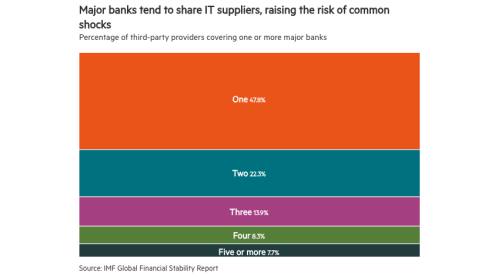On December 4, Slovakia’s new government approved a tax on banks as part of a set of measures aimed at consolidating public finances and reducing a soaring deficit. The 30% super tax on profits should be effective as of January. The levy is then set to fall 5 percentage points per year to 15% in 2027.
The tax hit means Slovakian banks will lose the ability to generate sufficient levels of capital and fully cover demand for loans, says the country’s banking association. They will also likely be incentivised to pass on some of the additional expenses to borrowers, according to S&P Global Market Intelligence.
Given the reliance of the sector on retained earnings to supplement regulatory capital, the new tax levies also pose the risk of reducing banks’ resilience, an analyst said.
In 2021, the banking sector increased profits by 56%, but profitability remained below the EU median, says the European Banking Federation. In the last few years, most of the net profits have supported the capital bases of Slovak banks.
The Slovak banking sector is dominated by the units of multinational banking groups, including Erste Group Bank, Raiffeisen Bank International AG, KBC Group NV and Intesa Sanpaolo.
In early December, Fitch downgraded Slovakia to an A- rating, citing deteriorating public finances. The rating agency forecast general government debt by 2025 to exceed the pandemic high of 61.1% of gross domestic product (GDP) in 2021. They also expect the fiscal deficit to widen to 6% of GDP this year, from just 2.0% in 2022. Fitch maintains its forecast of 1.3% GDP growth in 2023.












